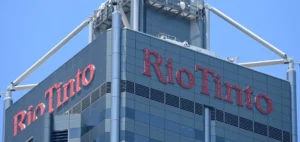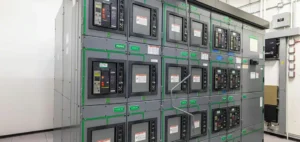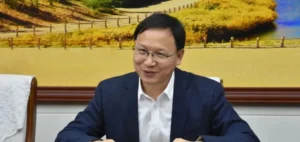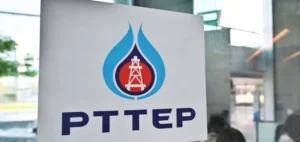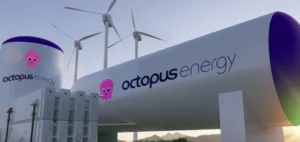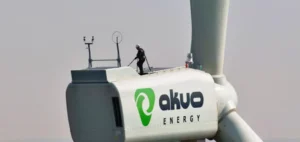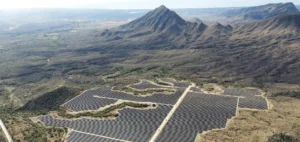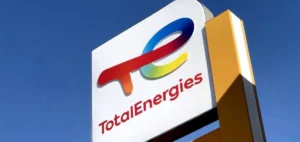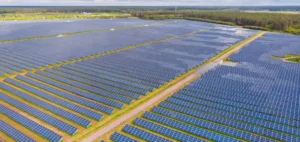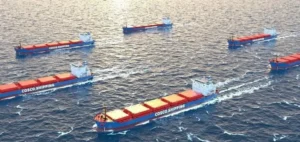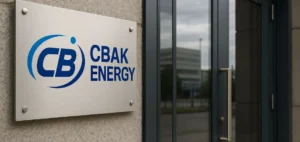At the Global AI Summit (GAIN) in Riyadh, Aramco unveils several initiatives focused on artificial intelligence (AI) and advanced computing infrastructure.
These announcements include strategic partnerships with companies specializing in supercomputing and AI, such as Cerebras Systems, FuriosaAI, Rebellions, and SambaNova Systems.
These collaborative agreements aim to integrate cutting-edge digital solutions into Aramco’s industrial operations.
The aim is to improve process efficiency, reduce operational costs, and enhance infrastructure security through advanced data analytics.
Among the initiatives announced, the deployment of a supercomputer powered by NVIDIA graphics processing units (GPUs) stands out.
This computing infrastructure is designed to perform complex tasks such as drilling data analysis and geological modeling.
Using AI algorithms, the system helps identify low-carbon well placement options, optimizing strategic choices for oil and gas production.
Infrastructure optimization and predictive maintenance
In addition to computing capabilities, Aramco is exploring generative AI to optimize its operations.
In collaboration with Qualcomm Technologies, the company is deploying AI solutions on the edge (“edge computing”), enabling real-time analysis directly on industrial sites.
This technology enhances plant monitoring, improves predictive maintenance, and facilitates the use of autonomous drones for regular inspections.
The aim is to reduce production interruptions and minimize the costs associated with unplanned downtime.
This digital strategy is also supported by the launch of the Saudi Accelerated Innovation Lab (SAIL) and the Global AI Corridor.
These initiatives aim to transform innovative ideas into concrete applications, while fostering collaboration between industry players.
Aramco’s Eye on AI program complements these efforts by focusing on cybersecurity, ensuring optimum protection of critical data and systems against growing threats.
Technology partnerships and expanded AI capabilities
The agreements signed with companies such as Rebellions and SambaNova Systems illustrate Aramco’s commitment to developing its artificial intelligence capabilities.
By integrating neural processing chips into its data centers, Aramco seeks to enhance its digital infrastructure and stimulate AI innovation.
This approach aims to create a synergy between cutting-edge technologies and the company’s operational needs, promoting rapid adaptation to new market requirements.
The partnership with SambaNova Systems, for example, focuses on exploring new ways to accelerate AI capabilities and support nationwide adoption in Saudi Arabia.
These collaborations enable the development of tailor-made solutions, adapted to Aramco’s specific needs, while strengthening the country’s competitiveness in the field of AI.
Impact on the energy industry and strategic issues
The integration of AI and supercomputing into Aramco’s operations reflects a broader trend in the global energy industry.
Large companies are looking to leverage technological advances to improve efficiency and reduce costs.
However, this transition to digital also presents challenges, particularly in terms of data management and cybersecurity.
Developing robust artificial intelligence models requires substantial investment in infrastructure and technical expertise, as well as careful management of security risks.
As a leader in the oil sector, Aramco is using these new digital capabilities to strengthen its strategic position.
The deployment of advanced technologies offers prospects for better resource management, while meeting the demands of decarbonization.
This could influence how other energy companies, both regionally and globally, adopt similar strategies to navigate a changing energy landscape.
Future prospects and developments
Through these initiatives, Aramco is demonstrating its determination to align its operations with the new realities of the market, where innovation and rapid adaptation are becoming crucial success factors.
The success of these projects will depend on the company’s ability to effectively integrate these technologies while managing the associated operational challenges.
Strengthening internal skills and building solid partnerships will be essential to maximize the benefits of this digital transformation.


